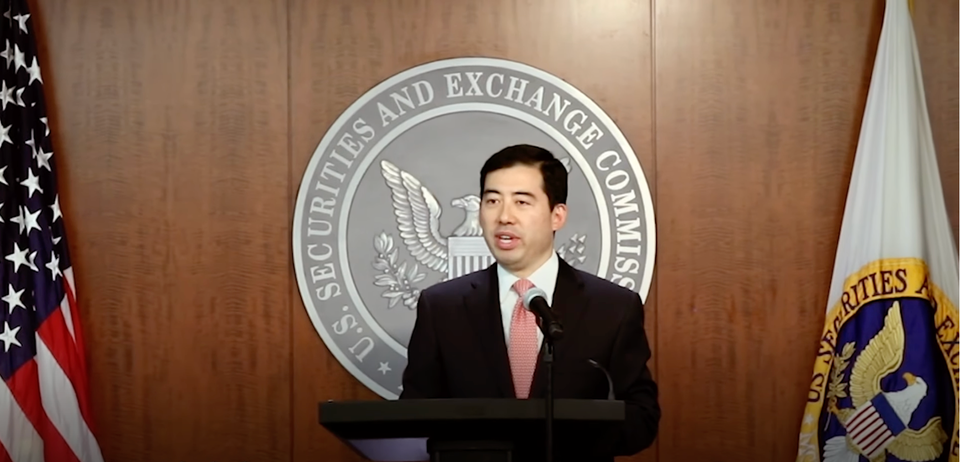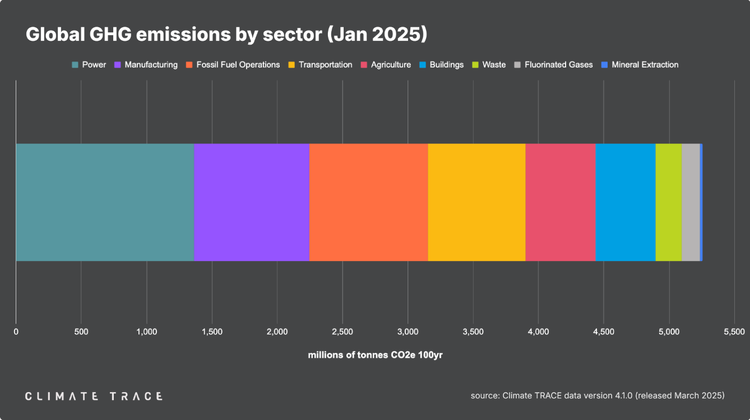Internal criticism of SEC climate rule urges ‘reproposal’ that would bring further delays

The SEC’s widely anticipated climate disclosure rule could face further delays as one of the capital market regulator’s own commissioners is urging it to publish a new draft.
California SEC Commissioner Mark Uyeda yesterday urged the Securities and Exchange Commission to submit another draft of its climate rules before finalising them, arguing that the 21-month lapse since the first draft and the considerable amendments expected justify a second public consultation.
In a speech at the Practising Law Institute, he said: “This proposal has received over 16,000 comments. Before the Commission adopts any final rule that significantly deviates from the proposal, it should seriously consider re-proposing the rule with revised rule text and an updated economic analysis. Doing so would provide the public with an opportunity to focus on aspects of the proposal that they did not initially consider, and perhaps more importantly, submit feedback on any revised requirements.”
The comments come amid concerns that a wave of mandatory climate reporting requirements (including California’s recently passed climate disclosure laws) could create undue regulatory and cost burdens on companies.
SEC climate rule delays
Less than two weeks after SEC Commissioner Gary Gensler defended the need for the climate disclosure rule at the US Chamber of Commerce, while also hinting that it might be delayed to next year. In that case, public companies would be expected to submit their first disclosures in 2026 for fiscal year 2025.
But the publication of a new draft or”reproposal” could delay things further. After all, the first proposal was issued almost two years ago in March 2022, and the SEC is yet to publish any update. The record number of comments received on the rule is arguably making its work more difficult, but there is no guarantee that a reproposal would get more unanimous support – particularly if it still includes the contentious issues of Scope 3 emissions and transition spending disclosures.
SEC climate rule legal challenges
Uyeda also appeared to warn of the legal action risks the SEC could face by issuing a rule without following due process: “The Commission should do everything possible to not promulgate a rule that is costly and ineffective, as doing so might be indicative of a flawed process that raises the question of whether the rule is arbitrary and capricious under the Administrative Procedure Act.”
Legal challenges were also (jokingly) mentioned during Gensler’s intervention at the Chamber of Commerce, with Tom Quadman, Executive Vice President of the US Chamber Centre for Capital Markets Competitiveness (CCMC) saying: “Full disclosure, if the SEC had come out with th California disclosure I think it’s reasonable to say our lawyers would be meeting in court.”
It is also something that Harvard Law School researchers have deemed “likely” considering the significant additional expenses the rule would impose on companies.
Questioning the SEC’s role in investor activism
Interestingly, while Gensler confirmed that the climate rule was a demand from investors during his speech, Uyeda seemed to question their motivation, and argued that the SEC’s role was simply to help investors value stock – not negotiate with companies or “drive social change”.
“Investors may have different purposes or reasons for asking for the information. For example, an investor may want the information in order to sell investment products or services based on it. Or an investor may want the information to use in private negotiations with the company. Or an investor may want the information because it seeks to use the disclosure as a means to drive social change. Using the Commission’s disclosure regime to address social issues under the guise of stock ownership raises concerns,” he said.
With these comments, Uyeda reminded the SEC that its commissioners are not elected, and therefore has no authority to “address society’s problems”, and suggested that it should not provide support to the growing wave of climate investor activism in the US.







Member discussion